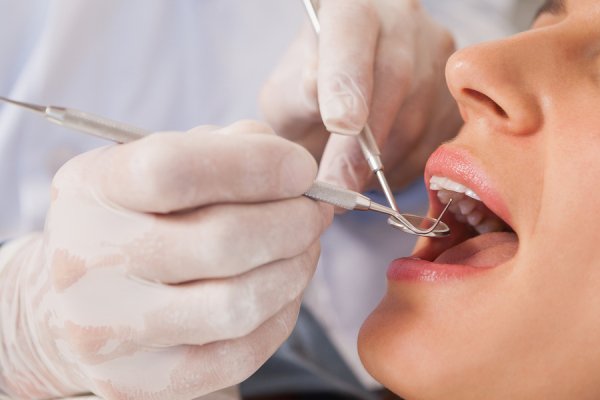
As general dentists in Chicago, UAD knows that dentistry changes every day based on the products and procedures that are available. While modern dentistry now offers many relatively painless procedures to improve your smile, dentistry in the early 1900s was not quite as comfortable.
In 1903, Charles Land became the first dentist to design and place a dental crown. Dental crowns are now invaluable to modern cosmetic dentistry. A dentist uses crowns to restore teeth that have become irreparably damaged. Crowns also cover dental implants to provide permanent solutions for missing teeth. In 1905, German chemist Alfred Einhorn first formulated Novocain. Novocain is still used by dentists today. In 1930, the American Board of Orthodontics was established as the first specialty board in dentistry. 1945 kicked off the beginning of the water fluoridation era. Since then, fluoride has been added to almost all American public water systems. In areas where the water is not fluoridated, a general dentist may recommend fluoride treatments.
Get even more fun facts about general and cosmetic dentistry when you schedule an appointment with one of UAD dentist s. For all your dental needs, contact the Chicago office of University Associates in Dentistry by calling (312) 704-5511.



